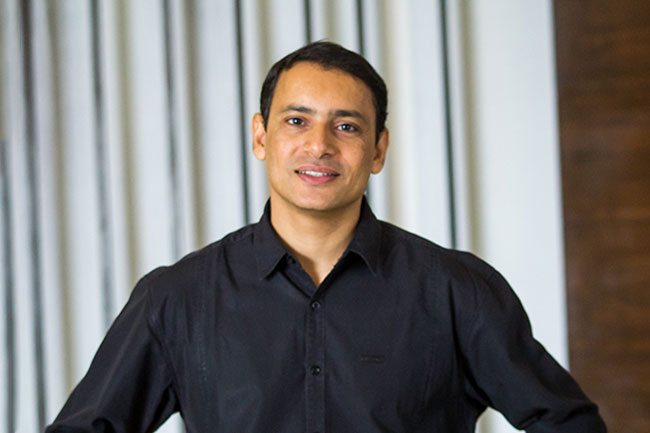So he came up with a unique idea to eat beef between slices of toast, which would allow him to finally eat as well as play cards at the same time. Eating his newly invented “sandwich”, the name for 2 slices of bread with meat in between, became one of the most popular meal inventions in the western world.
What’s interesting about this is that you are unlikely to never forget the story of who invented the sandwich ever again. Or at least, much less likely to do so, if it would have been presented to us in bullet points or other purely information-based form.
Here is the science around storytelling and how we can use it to make better decisions every day:
Our brain on stories: How our brains become more active when we tell stories? People respond to stories. It draws them in and makes them want to know more. Every time you give a presentation, ensure you start with a story. It can be about how you relate to the topic, an interesting a-ha moment you had while conducting research or even someone else’s story that relates to your speech.
Even the MOST technical of a presentation can incorporate stories. You just have to be creative in finding the narrative that fits.
We all enjoy a good story, whether it’s a novel, a movie or say your product idea which you feel is powerful and if presented in an interesting way can touch your audience’s chord.
But why do we feel so much more engaged when we hear an interesting narrative about events?
It’s in fact extremely simple. If we listen to a dull PowerPoint presentation with boring bullet points, a certain part in the brain gets activated. Scientists call this Broca’s area (Region of the brain that contains motor neurons involved in the control of speech) and Wernicke’s area, which is involved in the understanding of written and spoken language. Overall, to some extent, it hits our language processing parts in the brain, where we decode words into meaning. And we can say that’s it, nothing else happens.
And what when we are being told something in an interesting story form: Not only is the language processing part in our brain activated, but it also activates other areas in our brain, that we usually use when experiencing the events of the story. In a way, we link up metaphors and literal happenings automatically. Everything in our brain is looking for the cause and effect relationship of something we’ve previously experienced.
Technical presentations do not have to be a snore fest! The challenge is to make them understandable and interesting so your audience can connect with it.
Storytelling is one of the most powerful techniques we have as humans to communicate and motivate. What are your best tips for telling stories? Have you had similar experiences with telling stories?
So he came up with a unique idea to eat beef between slices of toast, which would allow him to finally eat as well as play cards at the same time. Eating his newly invented “sandwich”, the name for 2 slices of bread with meat in between, became one of the most popular meal inventions in the western world.
What’s interesting about this is that you are unlikely to never forget the story of who invented the sandwich ever again. Or at least, much less likely to do so, if it would have been presented to us in bullet points or other purely information-based form.
Here is the science around storytelling and how we can use it to make better decisions every day:
Our brain on stories: How our brains become more active when we tell stories? People respond to stories. It draws them in and makes them want to know more. Every time you give a presentation, ensure you start with a story. It can be about how you relate to the topic, an interesting a-ha moment you had while conducting research or even someone else’s story that relates to your speech.
Even the MOST technical of a presentation can incorporate stories. You just have to be creative in finding the narrative that fits.
We all enjoy a good story, whether it’s a novel, a movie or say your product idea which you feel is powerful and if presented in an interesting way can touch your audience’s chord.
But why do we feel so much more engaged when we hear an interesting narrative about events?
It’s in fact extremely simple. If we listen to a dull PowerPoint presentation with boring bullet points, a certain part in the brain gets activated. Scientists call this Broca’s area (Region of the brain that contains motor neurons involved in the control of speech) and Wernicke’s area, which is involved in the understanding of written and spoken language. Overall, to some extent, it hits our language processing parts in the brain, where we decode words into meaning. And we can say that’s it, nothing else happens.
And what when we are being told something in an interesting story form: Not only is the language processing part in our brain activated, but it also activates other areas in our brain, that we usually use when experiencing the events of the story. In a way, we link up metaphors and literal happenings automatically. Everything in our brain is looking for the cause and effect relationship of something we’ve previously experienced.
Technical presentations do not have to be a snore fest! The challenge is to make them understandable and interesting so your audience can connect with it.
Storytelling is one of the most powerful techniques we have as humans to communicate and motivate. What are your best tips for telling stories? Have you had similar experiences with telling stories?





